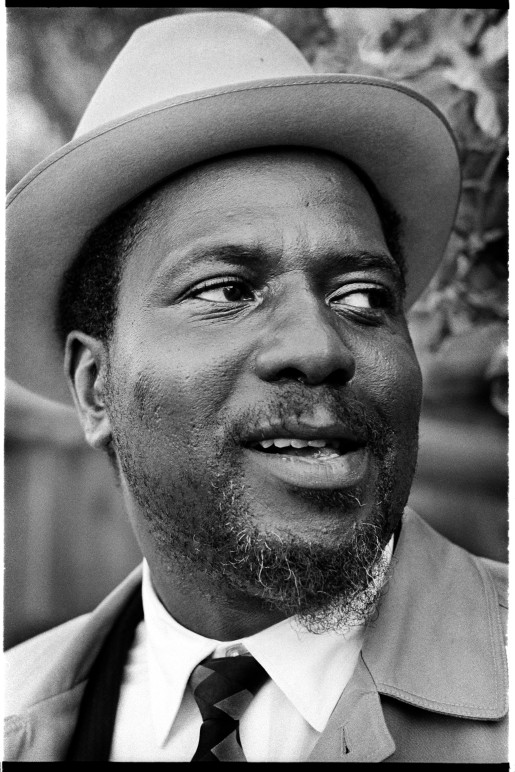You’re 16 years old and a wannabe concert promoter. Amid extreme racial tensions in 1968, the year both Martin Luther King Jr and Robert Kennedy were assassinated, you’ve booked the Thelonious Monk Quartet to play at your very white Californian high school, with two local black support acts. But tickets haven’t sold, because no one believes Monk is actually coming. The pioneering jazz pianist and composer doesn’t play in schools!
Now it’s the Sunday afternoon of the concert, it’s raining, and the school carpark is full of people waiting in their cars, because you’ve told them to come and see for themselves, and then buy tickets.

The Young Danny Scher isn’t panicked, however, as with the blood of a born entrepreneur coursing through his veins (he would later work with fabled promoter Bill Graham for 24 years), he has flogged enough advertising in the concert program to pay Monk even if no tickets sell. “I just took care of business the way that it thought it should have been done,” he says modestly.
Scher’s school was in plush Palo Alto, separated from East Palo Alto not just by a highway, but by divides of race and wealth. He ignored the cops who told him it was too dangerous for a white kid to be there, putting up posters beside ones advocating changing East Palo Alto’s name to Nairobi in a forthcoming politically-charged vote.
Having exchanged contracts with Monk’s manager, Scher rang the man himself at the club where he was playing in nearby San Francisco on the Friday before the concert – and discovered Monk knew nothing about it. Scher explained the situation and patiently whittled away the obstacles, including volunteering his older brother to pick up Monk and the band, and return them to San Francisco for their evening show.
 So on the Sunday the disbelievers witnessed a car arrive with a double bass sticking out of the window. “As soon as they saw Monk get out, they lined up, bought tickets, and the show sold out” says Scher. Although his motivation was less about healing wounds than wanting everyone to hear a genuine genius, the event, nonetheless, represented a much-needed truce between blacks and whites.
So on the Sunday the disbelievers witnessed a car arrive with a double bass sticking out of the window. “As soon as they saw Monk get out, they lined up, bought tickets, and the show sold out” says Scher. Although his motivation was less about healing wounds than wanting everyone to hear a genuine genius, the event, nonetheless, represented a much-needed truce between blacks and whites.
That was not the end of the story, however. Scher put a tape of the concert in a box with a poster and a signed program, and there they stayed – for 35 years. When he rediscovered them he had the tape digitised, and told jazz saxophonist Jimmy Heath about it. Heath connected him with TS Monk, Thelonious’s son, and they arranged to meet.
“I showed him the program,” Scher recalls, “and his wife said, ‘Oh look at this: another phony Monk signature.’ TS took one look at it and he said, ‘Oh, no, honey. This was how he signed his name when he was really feeling good.'” The recording confirmed TS’s instinct. “I’ve listened to Monk my whole life,” Scher says, “and the energy was definitely several degrees up from what I would hear on [studio] recordings.”
It’s taken another 15 years from the meeting with TS for this exciting addition to the discography to see the light of day. When you think that Monk spent two thirds of his career being considered ahead of his time, and rest being yesterday’s man, Palo Alto, made with saxophonist Charlie Rouse, bassist Larry Gales and drummer Ben Riley, offers fresh confirmation that his genius was still flowering in 1968.
Palo Alto is out now; on disc from Birdland Records.